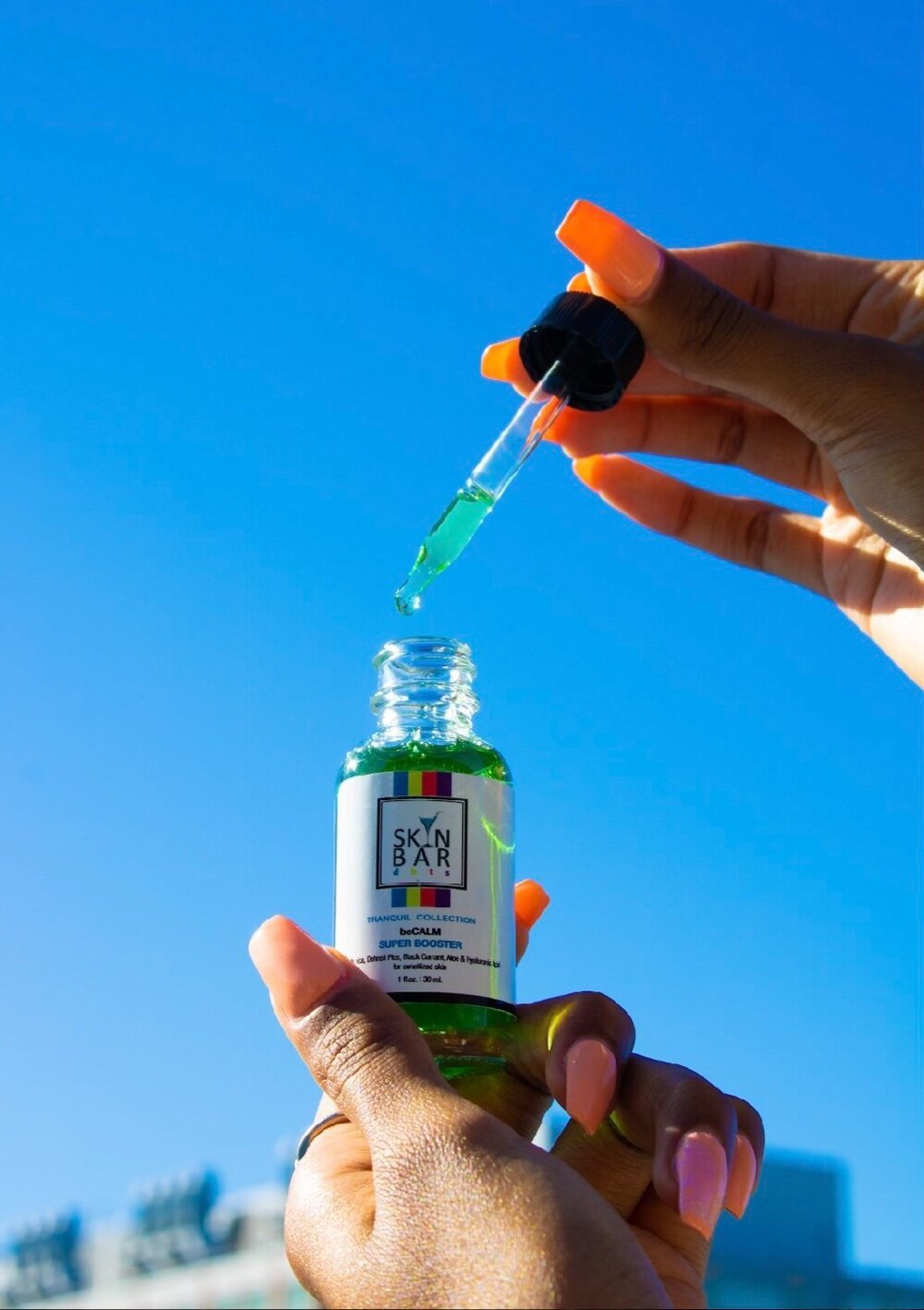Is gluten making my skin sensitive?
Treating inflamed and congested skin can sometimes be frustrating. In my 10 years as a licensed skin therapist I have healed some of the worst cases of cystic acne, eczema, & sensitization. External professional treatments are always helpful, they help to regulate sebum production, kill bacteria, smooth out scarring & post-inflammatory hyper pigmentation, & relieve itching and irritation. The same principles apply for at-home regimen.
“Why does it matter what I eat?”
Gluten is toxic, it is a protein in wheat that is very hard for the body to break it down when consumed. You don't have to have a severe response such as Celiac's disease to have a gluten allergy or sensitivity. If you experience persistent acne, including cystic, bloating, the runs, abdominal cramping, then BABY YOU HAVE AN ALLERGY. You gotta start listening to your body, it's trying to speak to you & tell you what it needs to thrive. Those symptoms mean that your small intestines are having an inflammatory response when you consume it. In addition to the above symptoms, gluten consumption can cause headaches, brain fog, depression & joint weakness. If this isn't enough to either stop completely in your gluten consumption or cut it WAY WAY down, then let's just chat about what it does to your skin...
Gluten alters the integrity of the gut, creating cracks in the gut lining that allow toxins to recirculate back into the system. Because gluten-sensitive people (most people) cannot properly digest gluten, these large molecules enter the bloodstream, and the immune system recognizes them as invaders, activating an immune response that increases inflammation, this in turn can result in acne. This kind of immune response also triggers the release of insulin, which results in raised hormone levels, another cause of acne.


